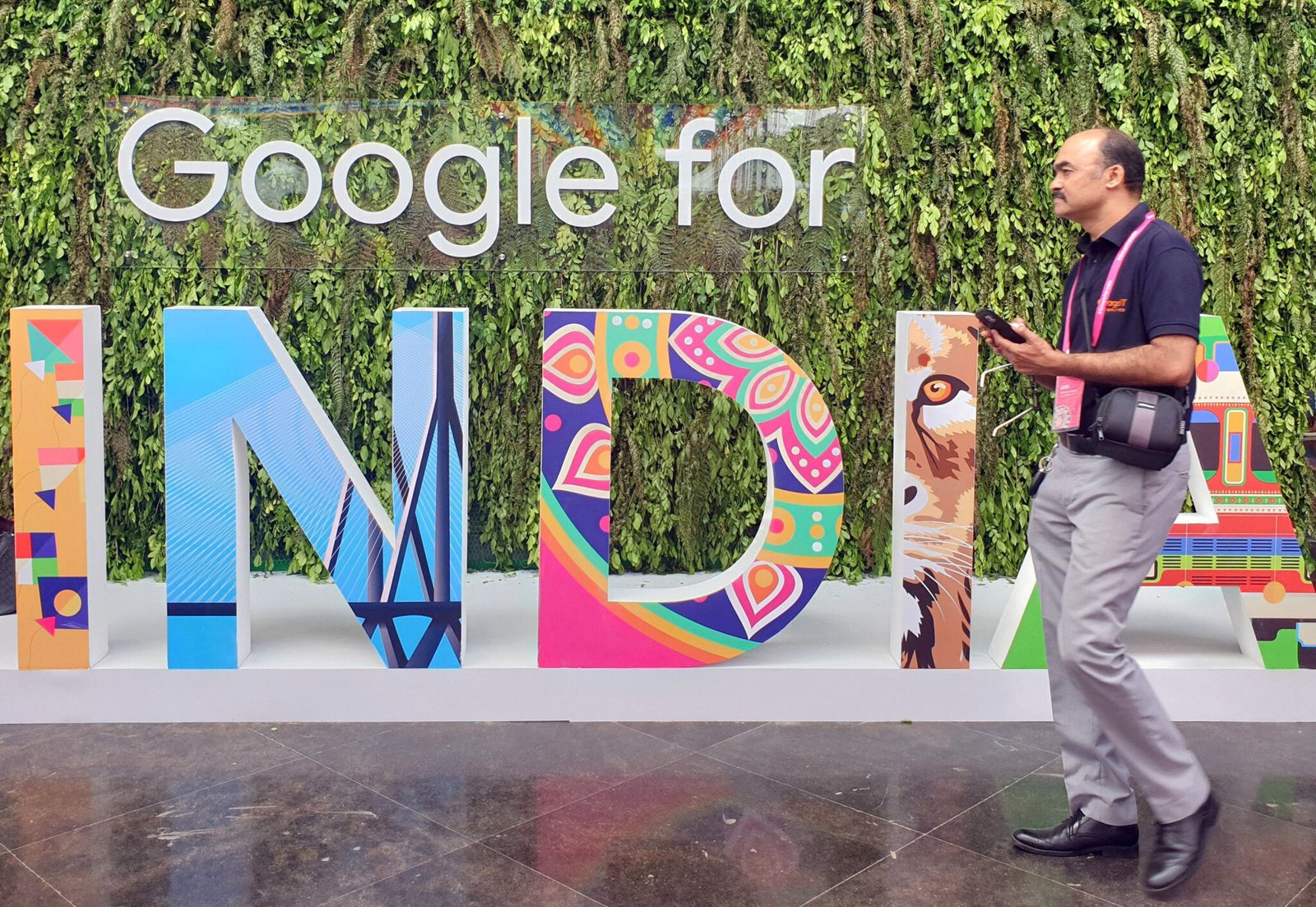NEW DELHI: India’s anti-competition body on Tuesday slapped a Rs 936.44 crore penalty on Google over its Play Store policies.
This was in addition to Competition Commission of Indian (CCI) issuing a cease-and-desist order to the tech giant.
The CCI has directed Google not to restrict app developers from using any third-party billing or payment processing services to purchase apps or for in-app billing on Google Play apart from a series of measures to modify the company’s app payment policies within three months.
This is the competition watchdog’s second such penalty within a week’s time. The CCI had on October 20 also fined the tech giant Rs 1,337.76 crore for abusing its dominant position in multiple markets in the Android Mobile device ecosystem.
Here’s the whole issue explained.
In a statement, the CCI announced the Rs 936.44 crore fine and said it has also directed Google to modify its conduct within a defined timeline.
“For app developers, app stores have become a necessary medium for distribution of their apps to the end users and the availability of app store(s) is directly dependent on OS installed on a smart device,” the CCI said.
“An appreciation of the market dynamics in licensable mobile operating system in India makes it evident that Google’s Android OS has successfully reaped the indirect network effects,” it stated.
What Actually Happened?
The CCI noted that Google’s Play Store constitutes the main distribution channel for app developers in the Android mobile ecosystem, which allows its owners to capitalize on the apps brought to market.
Based on its assessment, the Commission found Google to be dominant in the markets for licensable OS for smart mobile devices and market for app stores for Android smart mobile OS, in India.
Selling of in-app digital goods constitutes an important means for app developers to monetize their creations/innovations.
However, for in-app digital goods to be distributed to purchasing users, developers must configure their apps so that all purchases of the digital goods go through Google’s payment system, which processes the transactions.
What Is GBPS Which Led Google Into Trouble?
Google’s Play Store policies require the App developers to exclusively and mandatorily use Google Play’s Billing System (GPBS) not only for receiving payments for Apps (and other digital products like audio, video, games) distributed/sold through the Google Play Store.
GBPS is also required for certain in-app purchases i.e. purchases made by users of Apps after they have downloaded or purchased the App from the Play Store.
Further, app developers cannot, within an app, provide users with a direct link to a webpage containing an alternative payment method or use language that encourages a user to purchase the digital item outside of the app (anti-steering provisions), according to the CCI assessment. If the app developers do not comply with Google’s policy of using GPBS, they are not permitted to list their apps on the Play Store and thus, would lose out the vast pool of potential customers in the form of Android users.
Making access to the Play Store dependent on mandatory usage of GPBS for paid apps and in-app purchases is one sided and arbitrary and devoid of any legitimate business interest.
With this, the CCI noted, the app developers are left bereft of the inherent choice to use payment processor of their liking from the open market.
The CCI has also examined the allegations of exclusion of rival UPI apps as effective payment options on Play Store.
“It was found that Google Pay has been integrated with intent flow methodology whereas other UPI apps can be used through collect flow methodology,” according to the CCI.
“It was noted that the intent flow technology is superior and user friendly than collect flow technology, with intent flow offering significant advantages to both customers and merchants and the success rate with the intent flow methodology being higher due to lower latency,” it added.
Google’s Response To CCI
According to the CCI’s statement, Google has informed the Commission that it has recently changed its policy and has allowed rival UPI apps to be integrated with intent flow.
Follow The420.in on
Telegram | Facebook | Twitter | LinkedIn | Instagram | YouTube



